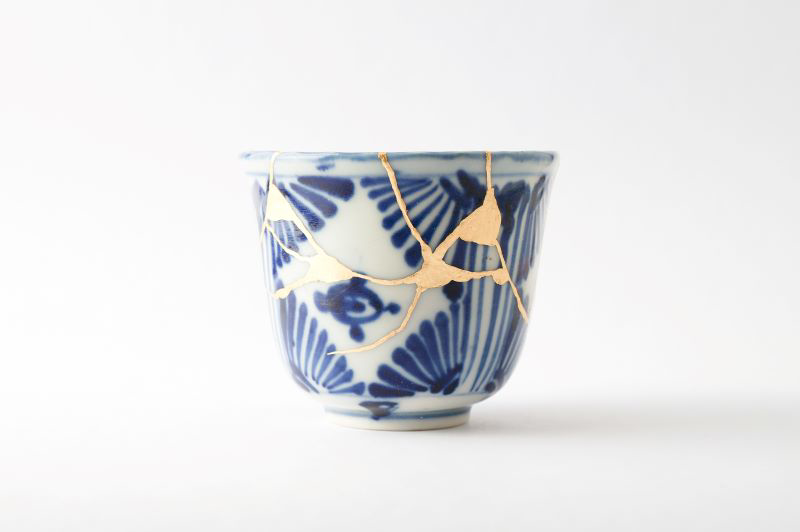The Best Fruit
Sign up for a six month free
trial of The Stand Magazine!
Have you ever picked a moldy tomato off the vine?
It’s as much fun as it sounds.
According to the Old Farmer’s Almanac (which I just recently learned had a website), “[Blossom rot] is the result of a lack of calcium in the plant. This lack of calcium may be due to low calcium levels in the soil or - more often - soil that is over-or underwatered. Wide fluctuations in soil moisture reduce the plant’s ability to take up calcium from the soil. When the demand for calcium exceeds the supply, the tissues in the fruit break down, and blossom-end rot occurs.”
To check if this nutritional deficiency has impacted homegrown fruits and vegetables is as easy as it sounds. At the bottom of the fruit – the part that was once a flower bud before turning into the fruit on a growing vine – turns into a black, goopy, moldy mess.
There is something else unique about this rot; often, it is not visible unless you look closely for it.
For example, this week, I went to pick some of our beautiful tomatoes. As I approached our garden, I saw many bright red, delicious-looking tomatoes. But as I picked them off the vine, I noticed that every single one was moldy and showed signs of deficiency.
I had no clue.
After speaking with an experienced gardener friend, I learned that there wasn’t much we could have done to prevent it. After a summer with what felt like endless rain, our soil became overwatered, which likely contributed to the issue.
This friend told me that blossom rot starts as a small, dark speck at the beginning of the fruit’s development. As it grows, the deficiency takes over and begins to rot the fruit. She said that when it is discovered, calcium tablets can be added to the soil to help future fruits, but that those first fruits are goners.
Suffice it to say, I found myself (and my supper plate) very disheartened by the poor fruit that was produced because of what our soil lacked.
To the naked eye, it seemed as though the tomatoes were growing beautifully; we had tended them so well. But all of that work, and I didn’t even know that they were hanging there, inedible, and in desperate need of pruning. And in fact, taking energy away from other parts of the plant!
This instance reminded me of the importance of having good dirt, roots, and a strong vine.
I’m not talking about tomatoes here – I’m talking about a relationship with the master gardener Himself, Jesus.
To the outside world, our lives may look perfect. But much deeper, beneath the surface, our relationship with Him may be full of deficiencies, such as a lack of prayer, little to no time spent in His Word, and prioritizing self over serving others.
And whether or not we realize it in the moment, these deficiencies can quickly take root and produce fruit that is causing more harm than good to our lives and those around us. These deficiencies can present themselves in ways that include a bad attitude, being unkind to others, pride, arrogance, and selfishness, among others.
In John 15:1-8, Jesus explains how He sees these withering plants (and lives). It says,
I am the true vine, and my Father is the gardener. He cuts off every branch in me that bears no fruit, while every branch that does bear fruit he prunes so that it will be even more fruitful. You are already clean because of the word I have spoken to you. Remain in me, as I also remain in you. No branch can bear fruit by itself; it must remain in the vine. Neither can you bear fruit unless you remain in me.
I am the vine; you are the branches. If you remain in me and I in you, you will bear much fruit; apart from me you can do nothing. If you do not remain in me, you are like a branch that is thrown away and withers; such branches are picked up, thrown into the fire and burned. If you remain in me and my words remain in you, ask whatever you wish, and it will be done for you. This is to my Father’s glory, that you bear much fruit, showing yourselves to be my disciples.
To produce good fruit, there must be a good connection to the vine, and that vine must be planted in good soil. Likewise, to honor and serve the Lord daily, we must be connected to Him.
This passage is a recipe to help us improve our walk with the all-knowing Lord of creation.
We don’t have to wait until it’s too late to see the failures of our harvest. Instead, we can go to the Father now and trust that He will prune us in order to help us produce the best fruit.

Sign up for a free six-month trial of
The Stand Magazine!
Sign up for free to receive notable blogs delivered to your email weekly.



















